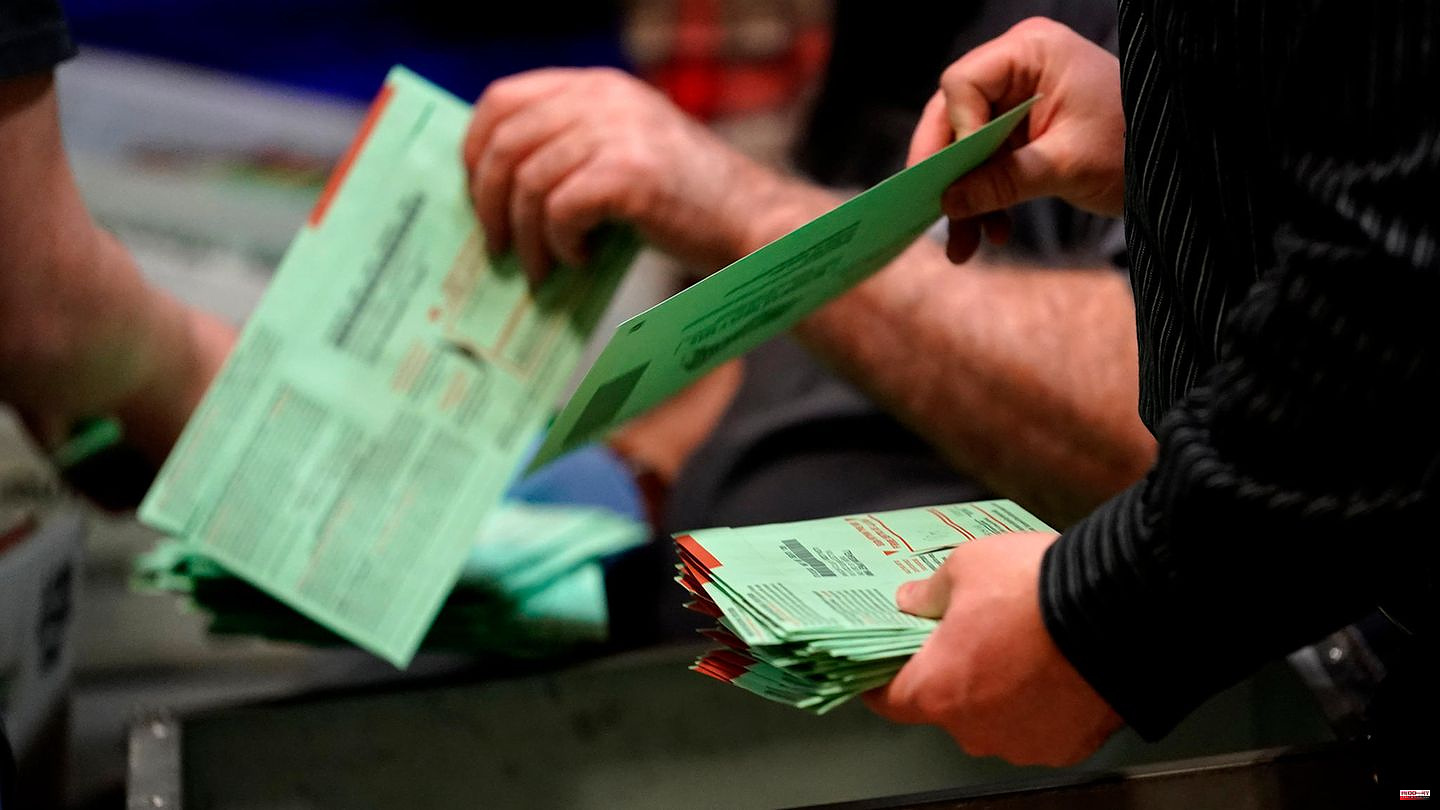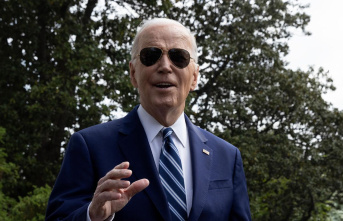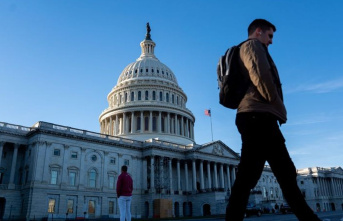A vote was taken in the USA – on the seats in the House of Representatives and in the Senate. In addition to the intermediate elections, the so-called midterms, local referendums are held in some states. It's about abortion rights, legalization of marijuana and slavery. The results at a glance:
In five US states, citizens could vote on abortion rights. In Michigan, abortion rights are expected to be included in the constitution, reports CNN. The state has had a law banning abortion since 1931. However, it has so far been blocked by the courts. The referendum now provides clarity: Abortions remain legal in the state.
In California, too, citizens have decided that abortion rights must be protected. Currently, the state constitution guarantees a right to privacy that the California Supreme Court has ruled includes the right to an abortion.
Abortions have been legal in Vermont so far – and the people want it to stay that way, as the referendum has shown. The constitutional text is amended accordingly: "That the right of an individual to personal reproductive autonomy is central to the freedom and dignity to determine his own course of life and shall not be denied or violated except as by an overriding interest of state justified."
A vote was also taken in Kentucky. However, the result of the survey is still open. In Montana, a decision is to be made as to whether a fetus is already a legal entity, i.e. has its own rights. There is also the question of whether medical personnel who do not protect the lives of infants should be prosecuted.
Slavery was officially abolished in the United States in 1865. To this day, however, there are passages in the constitutions of various states and in the US Constitution that permit slavery or involuntary servitude of inmates. On Wednesday, therefore, constitutional amendments were voted on in several states. In Alabama, Tennessee and Vermont, slavery and servitude in prisons will be outlawed after referendums. Prison work in the States must be curtailed accordingly. A vote was also taken in Oregon. The result is still open.
Not so in the former slave-owning state of Louisiana: the amendment was rejected. Prison inmates who refuse to work, for example, can still be sanctioned.
Nevertheless, the voting results are hopeful. "Voters in Oregon and other states have joined across party lines to say this taint needs to be removed from the state constitutions," Oregon Sen. Jeff Merkley, a Democrat, told The Associated Press. Now It's time for such laws and regulations to be scrapped entirely from the US Constitution."There should be no exceptions to a ban on slavery," he said.
After the referendums, the constitutions of more than a dozen states still contain passages allowing slavery and involuntary servitude of prisoners. In 2018, voters in Colorado were allowed to vote on corresponding amendments to the constitution for the first time. The states of Nebraska and Utah followed two years later.
Six different states also voted on marijuana possession and drug laws. The results in brief:
Sources: CNN, AP, BBC, New York Times, The Wall Street Journal, CNBC, The Washington Post, with footage from AFP












